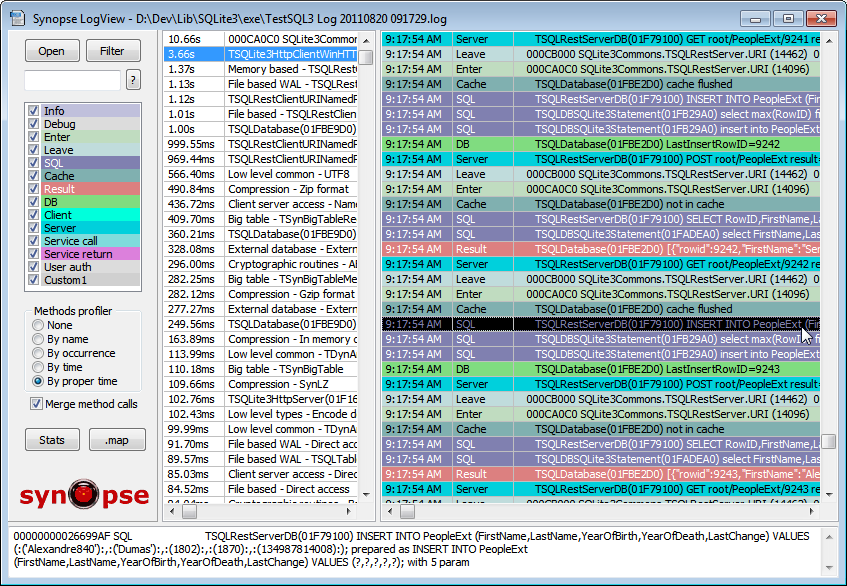
The latest revision of Delphi, named Delphi 11 Alexandria, is out.
A lot of new features, some enhanced platforms. Nice!
But it is also for us the opportunity to come back to some breaking changes, which appeared in Delphi 10.4 earlier this year, and are now "officially" part of Delphi 11.

The main breaking change of Delphi 10.4 and later, as reported by mORMot users, is the new lifetime of local variables.
TL&LR: a local variable which is not explicitly declared, but returned by a function may be released as soon as it is not used any more, whereas in the original implementation, it was allocated as a regular local variable, and we could expect its lifetime to remain active up to the end of the function. With Delphi 10.4, it is not the case any more: the compiler could release/clear the local variable sooner, to reduce the allocation pressure.
Idea behind this change is that it may have better register allocation within the function, so it "may" theoretically result in faster code. Not convinced about it, anyway - we will discuss that.
The main thing is that it could break existing code, because it breaks the Delphi compiler expectation since decades.
Some perfectly fine working code would end to work as expected. We have identified several use cases with mORMot which are affected by this change. Since it seems there will be no coming back from Delphi point of view, it is worth a blog article.






